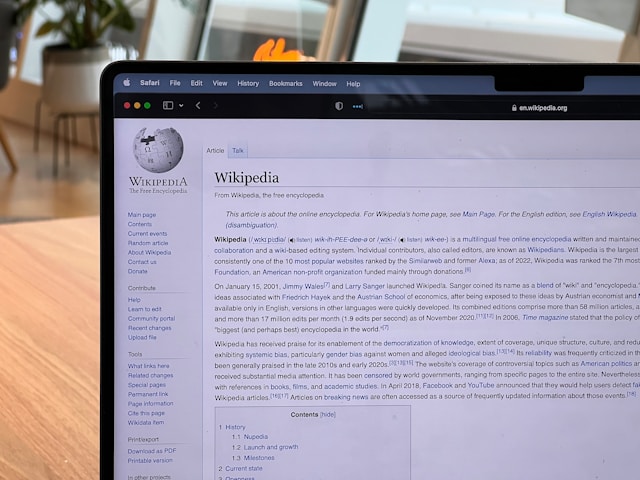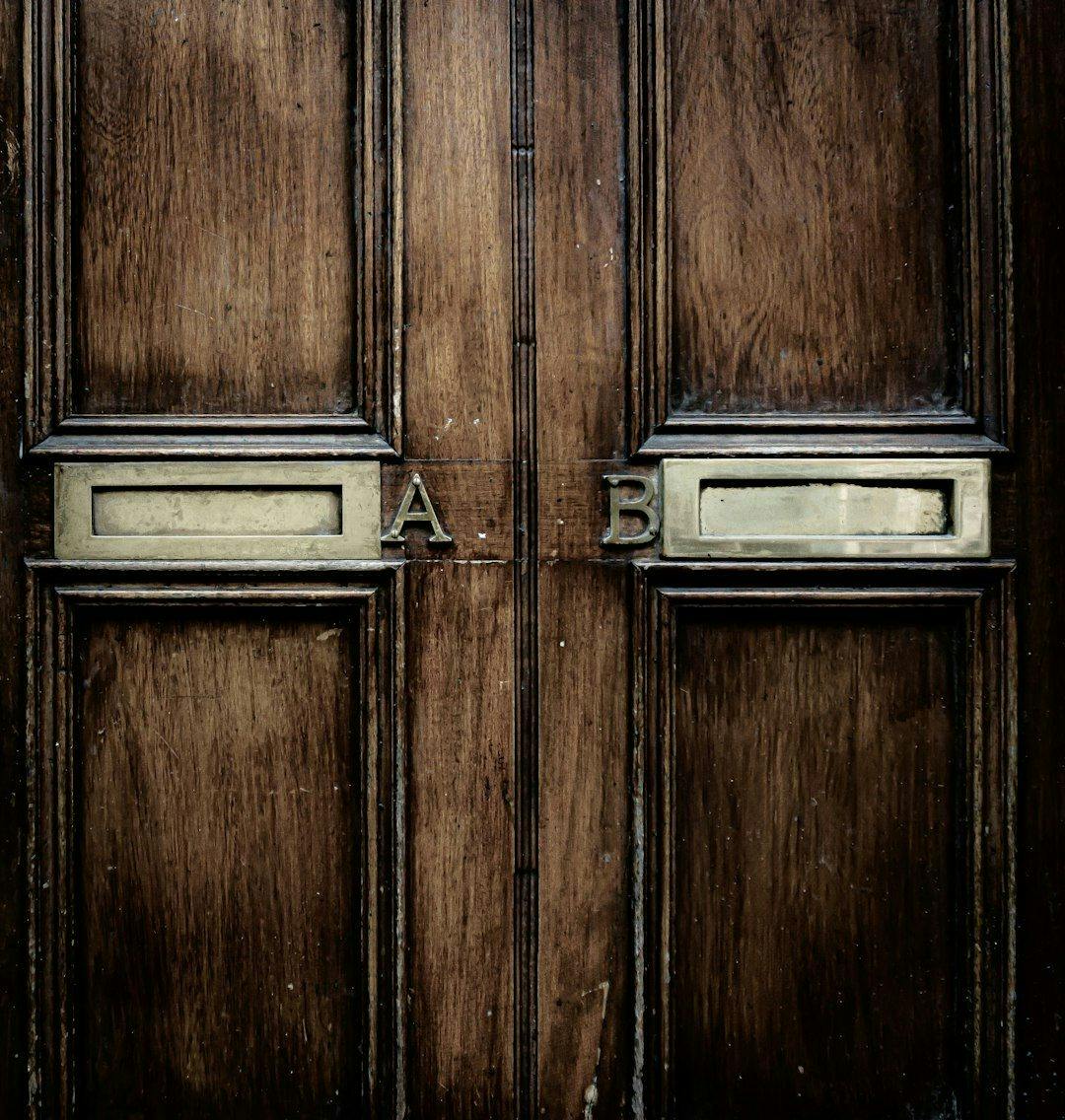The High Court in the U.K. today dismissed Wikipedia’s challenge to the country’s far-reaching online safety laws, rejecting its claim that the rules were flawed.
The Online Safety Bill, or OSA, which the government has vowed will tame the “Wild West” of the internet, has been controversial since it was first proposed. It’s viewed by its critics as ushering in a new kind of authoritarian surveillance. The British government claims its goal is to make the country “the safest place in the world to be online.”
One of those early critics was the Wikimedia Foundation, the nonprofit organization that helps run Wikipedia. As a nonprofit whose sole purpose is education, the platform has argued it doesn’t belong in the “category one” bracket of online entities with other large entities such as social media platforms, where, like them, it will face the strictest scrutiny. Nonetheless, the law states that any online service with more than 7 million users automatically becomes category one.
The foundation argued that the law is too broad, stating that if it is indeed categorized as high-risk, enforcement will mean its contributors will have to verify their identity, which will undermine their privacy and safety. There are around 230,000 volunteer editors for Wikipedia, as well as 3,500 administrators. The English version alone contains more than 7 million articles and receives, on average, 597 new articles a day.
The rules for category one entities also mean strict protections for users and constant reporting to British regulators on possible harmful content. The website argued that if required to adhere to these rules, it may lose about three-quarters of its U.K. audience.
The court rejected Wikimedia’s arguments, but added that this does not give the British government and its regulator Ofcom “a green light to implement a regime that would significantly impede Wikipedia’s operations.” The judge argued that if Wikipedia does become classified as category one and finds itself unable to operate, the country’s technology secretary, Peter Kyle, should “consider whether to amend the regulations or to exempt categories of service from the act.”
“While the decision does not provide the immediate legal protections for Wikipedia that we hoped for, the court’s ruling emphasized the responsibility of Ofcom and the UK government to ensure Wikipedia is protected as the OSA is implemented,” said Phil Bradley-Schmieg, lead counsel at the Wikimedia Foundation. “The judge recognized the ‘significant value’ of Wikipedia, its safety for users, as well as the damages that wrongly assigned OSA categorizations and duties could have on the human rights of Wikipedia’s volunteer contributors.”
Photo: Unsplash
Support our mission to keep content open and free by engaging with theCUBE community. Join theCUBE’s Alumni Trust Network, where technology leaders connect, share intelligence and create opportunities.
- 15M+ viewers of theCUBE videos, powering conversations across AI, cloud, cybersecurity and more
- 11.4k+ theCUBE alumni — Connect with more than 11,400 tech and business leaders shaping the future through a unique trusted-based network.
About News Media
Founded by tech visionaries John Furrier and Dave Vellante, News Media has built a dynamic ecosystem of industry-leading digital media brands that reach 15+ million elite tech professionals. Our new proprietary theCUBE AI Video Cloud is breaking ground in audience interaction, leveraging theCUBEai.com neural network to help technology companies make data-driven decisions and stay at the forefront of industry conversations.








